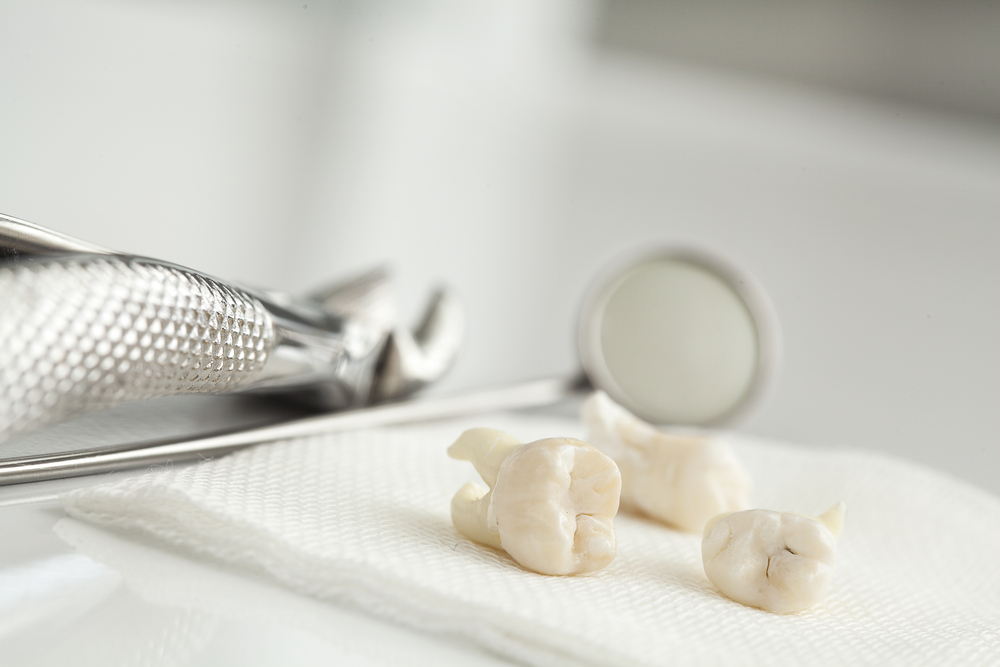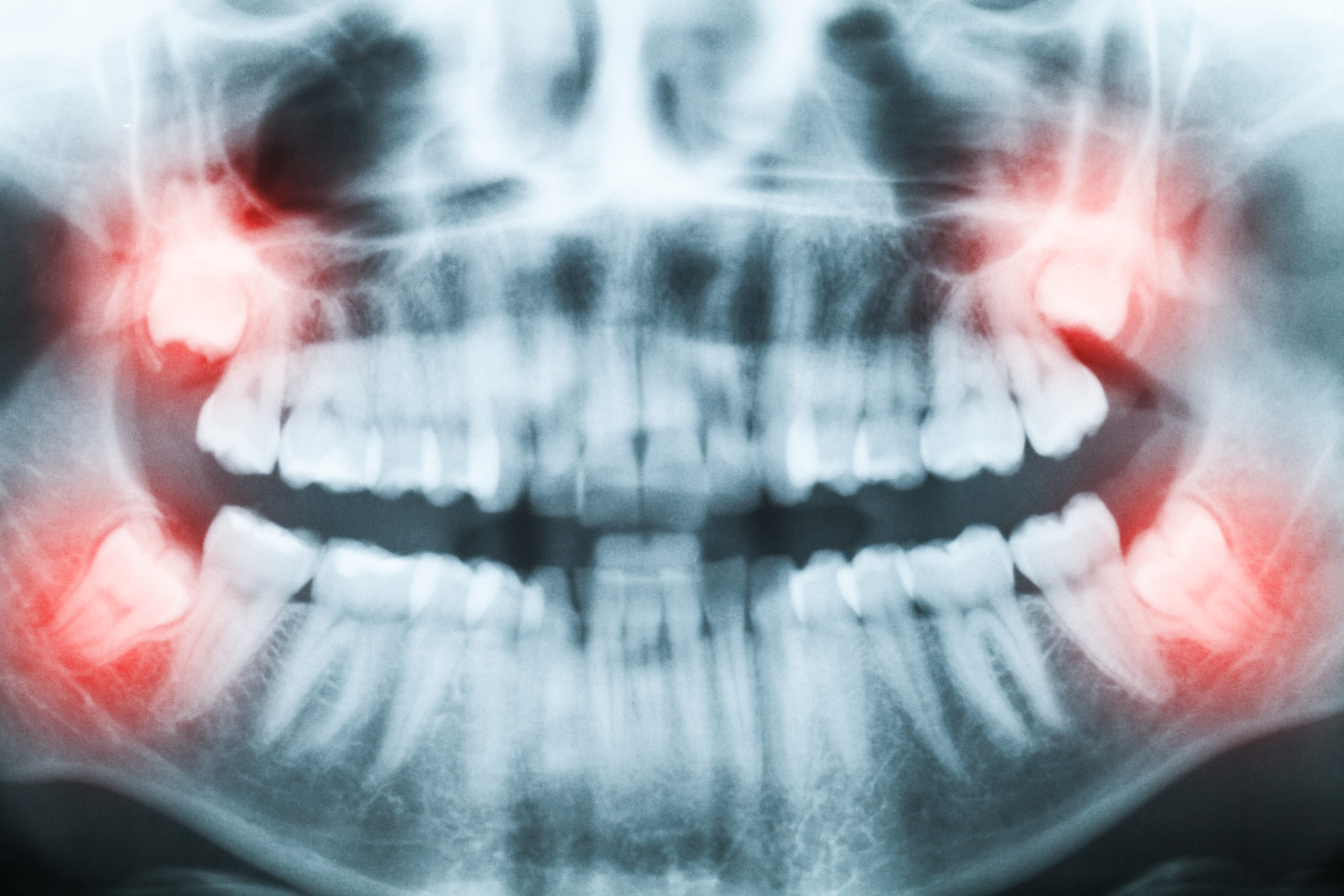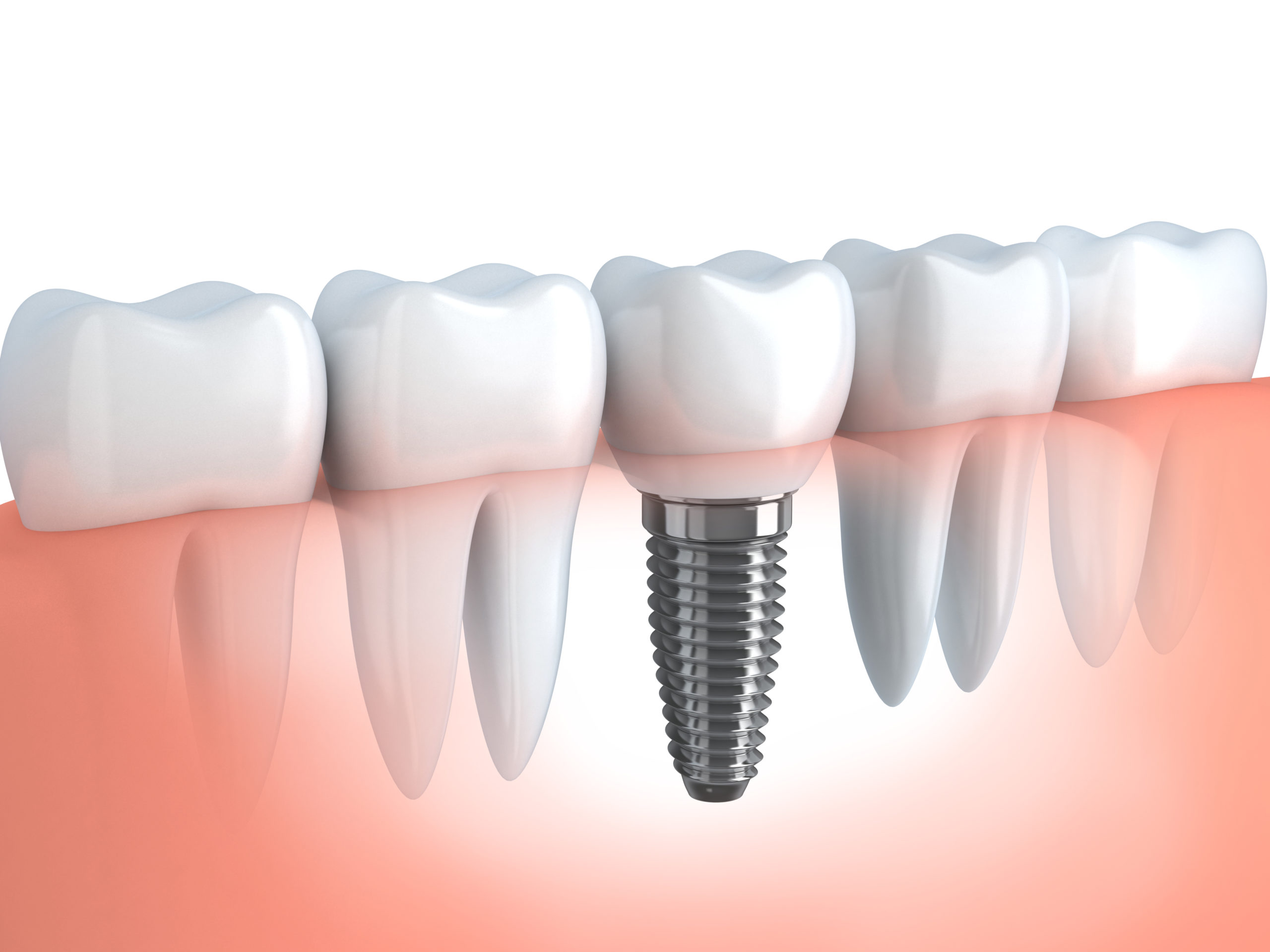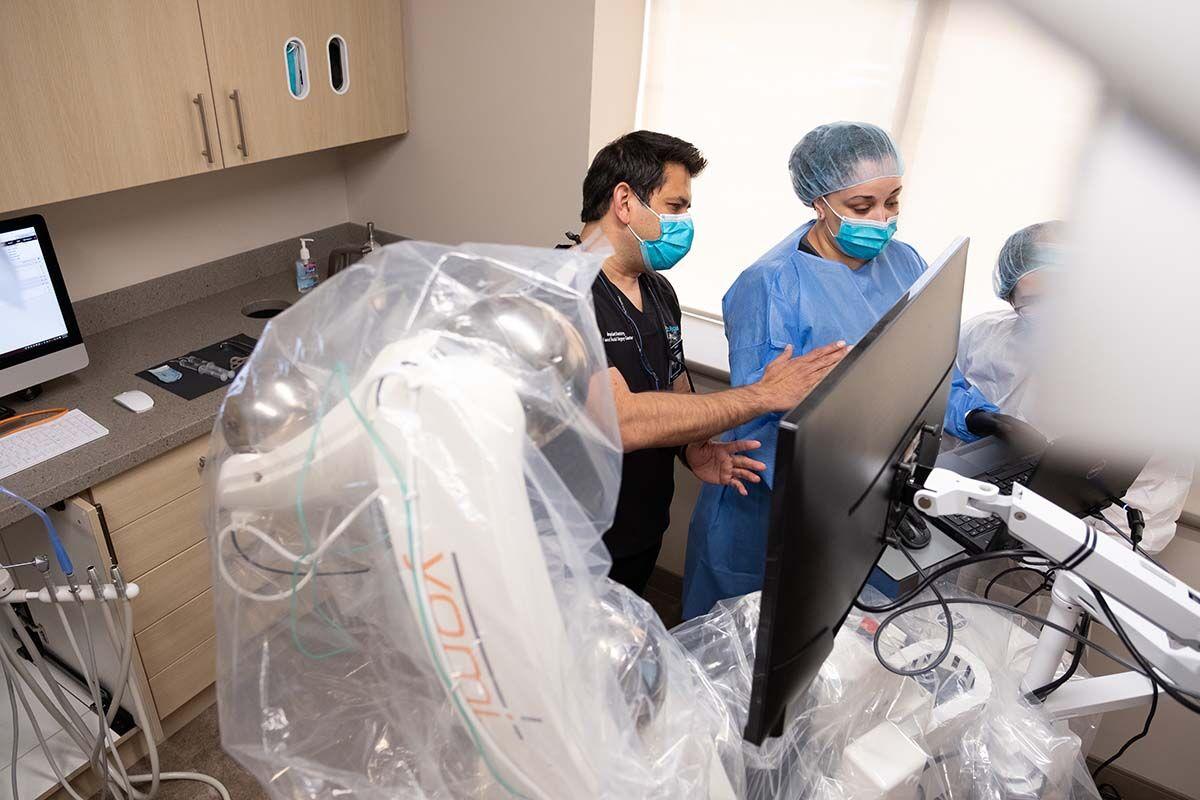Blog - Hartford County, CT
Tips, Facts, And The
Latest In Dentistry

Wisdom Teeth: Issues and Extraction
Posted in Tooth Extraction
Posted on December 16, 2019 by Eric Chmiel

Wisdom teeth tend to come into dentists view for patients when they’re in the young adult phase. Wisdom teeth are known as the third molars, and can exist in the oral cavity in many numbers. Some patients never experience wisdom teeth, while others may have around 7! The third molars only tend to cause issues when there is not enough room in one’s mouth to take on these extra teeth. Because they begin to rise later in life, usually after the patient has already gone through orthodontics, they disrupt the other teeth, causing misalignment. Most people in their early adult ages have the extra teeth removed because they are a hub for bacteria and infection.
One of the most common issues that arise with wisdom teeth is when they do not or cannot break through the gums. This causes a piece of skin that partially grows over the teeth, which can lead to severe infections, because it is another space for food debris and plaque to get trapped.
Another tendency is the teeth grow in the wrong direction. This causes adult teeth to shift, creating overcrowding in the mouth. This too causes space for food debris and plaque to harbor. This is known as having impacted wisdom teeth, meaning they are growing toward another tooth causing teeth shifting.
Wisdom teeth issues are solved by extraction. Extraction is only necessary if these teeth are causing discomfort or will disrupt the oral cavity. If you experience any pain in the back of the mouth, or stiffness of the jaw and wisdom teeth area, you may be experiencing wisdom teeth growth. At this moment, see your dentist for help.
If you are experiencing wisdom teeth issues or growth, seek dental attention. It is common that your dentist will bring this up to you, and will then refer you to a specialist who will be able to take care of the extraction, as it is a surgery.
It is usually best to have the teeth removed, even if they have yet to cause any issues, so nothing occurs down the road. Contact your dentist with any questions. You can find us in West Hartford and Manchester, Connecticut.





